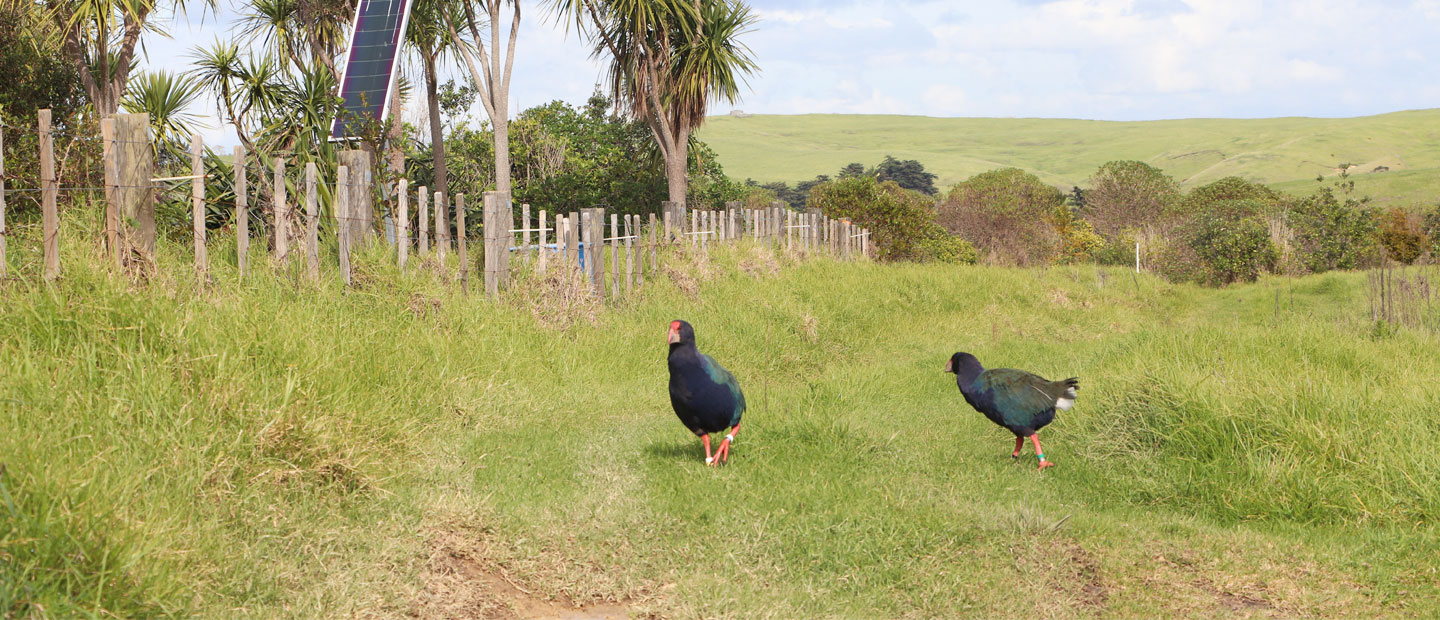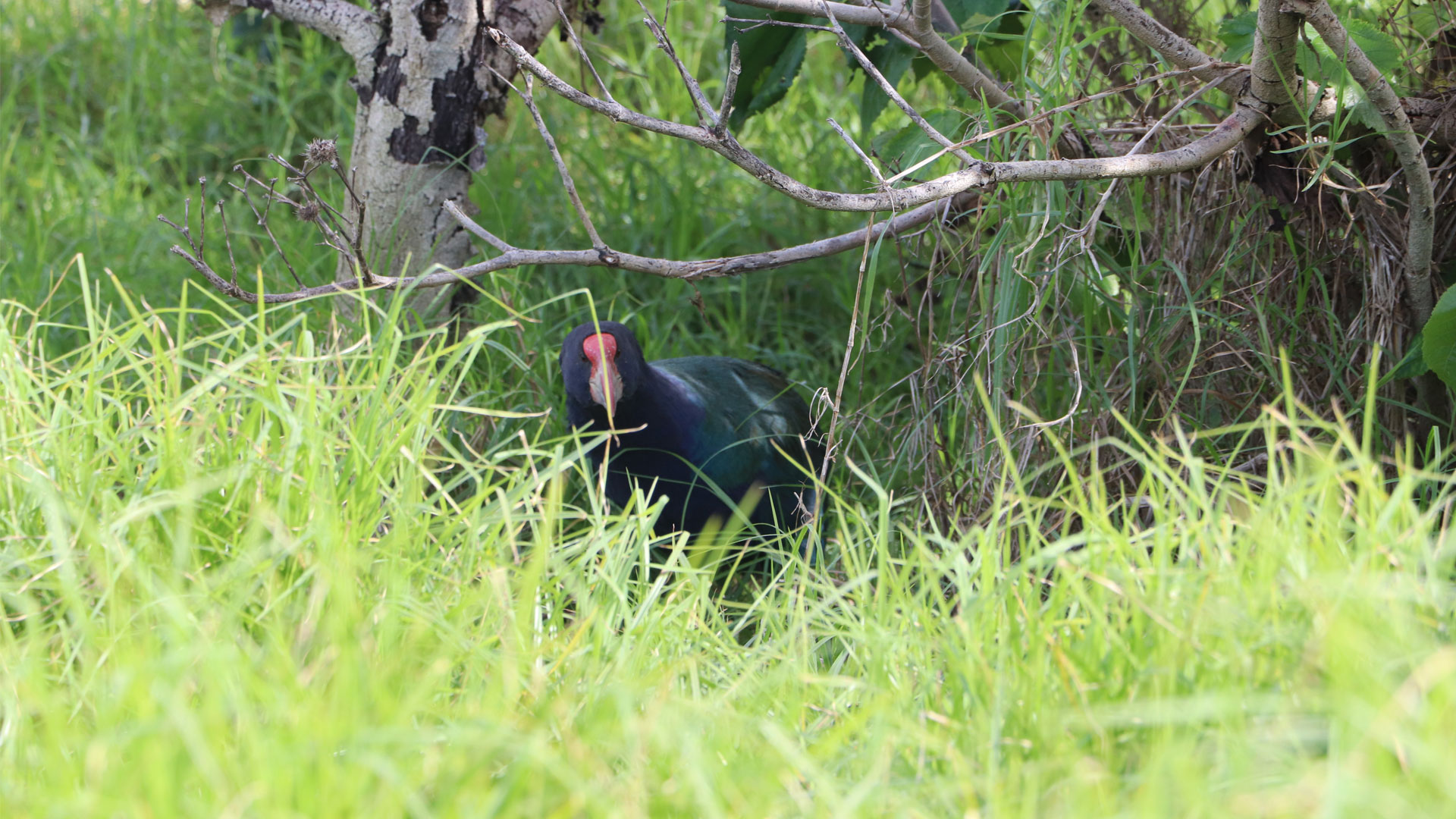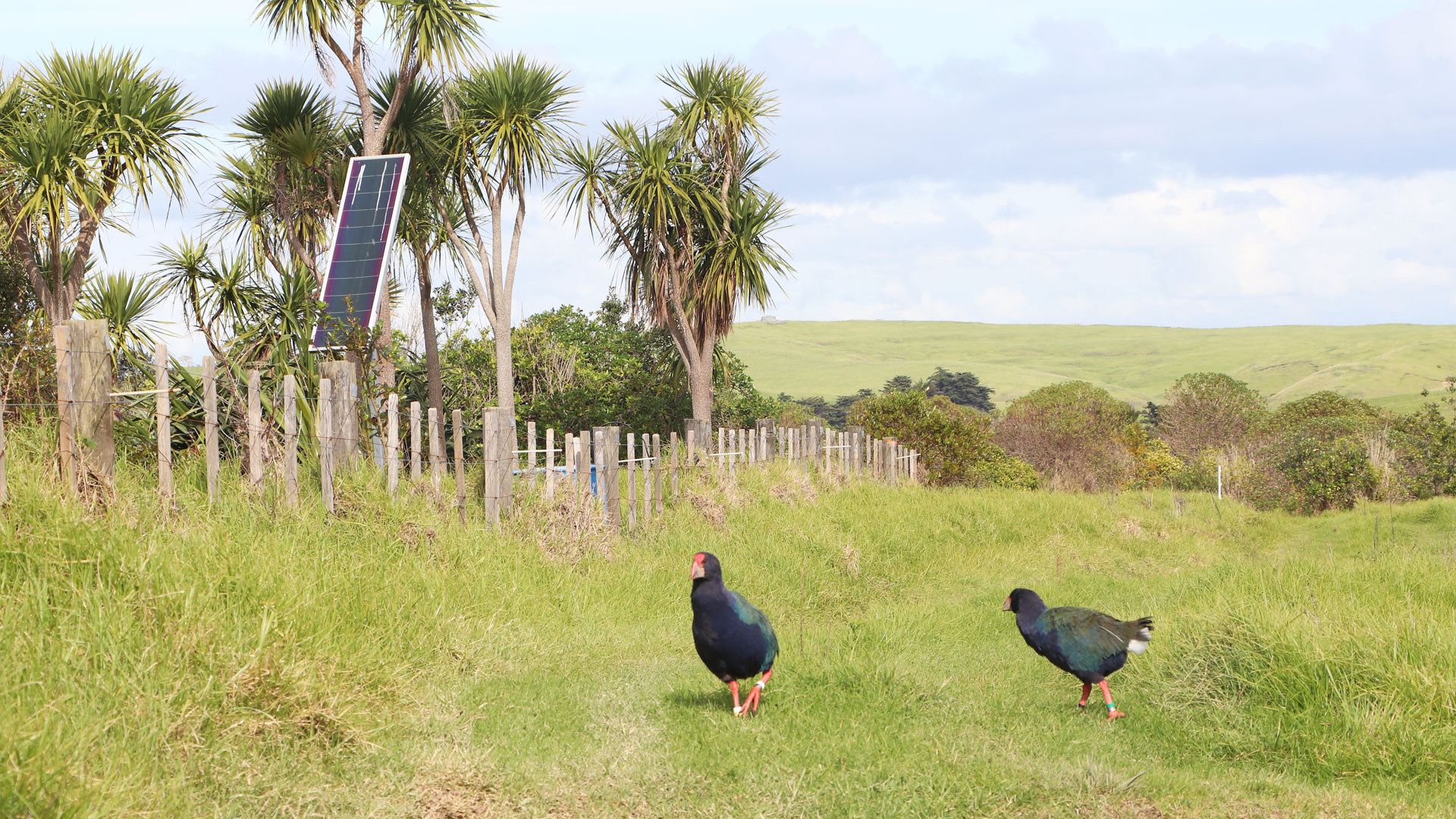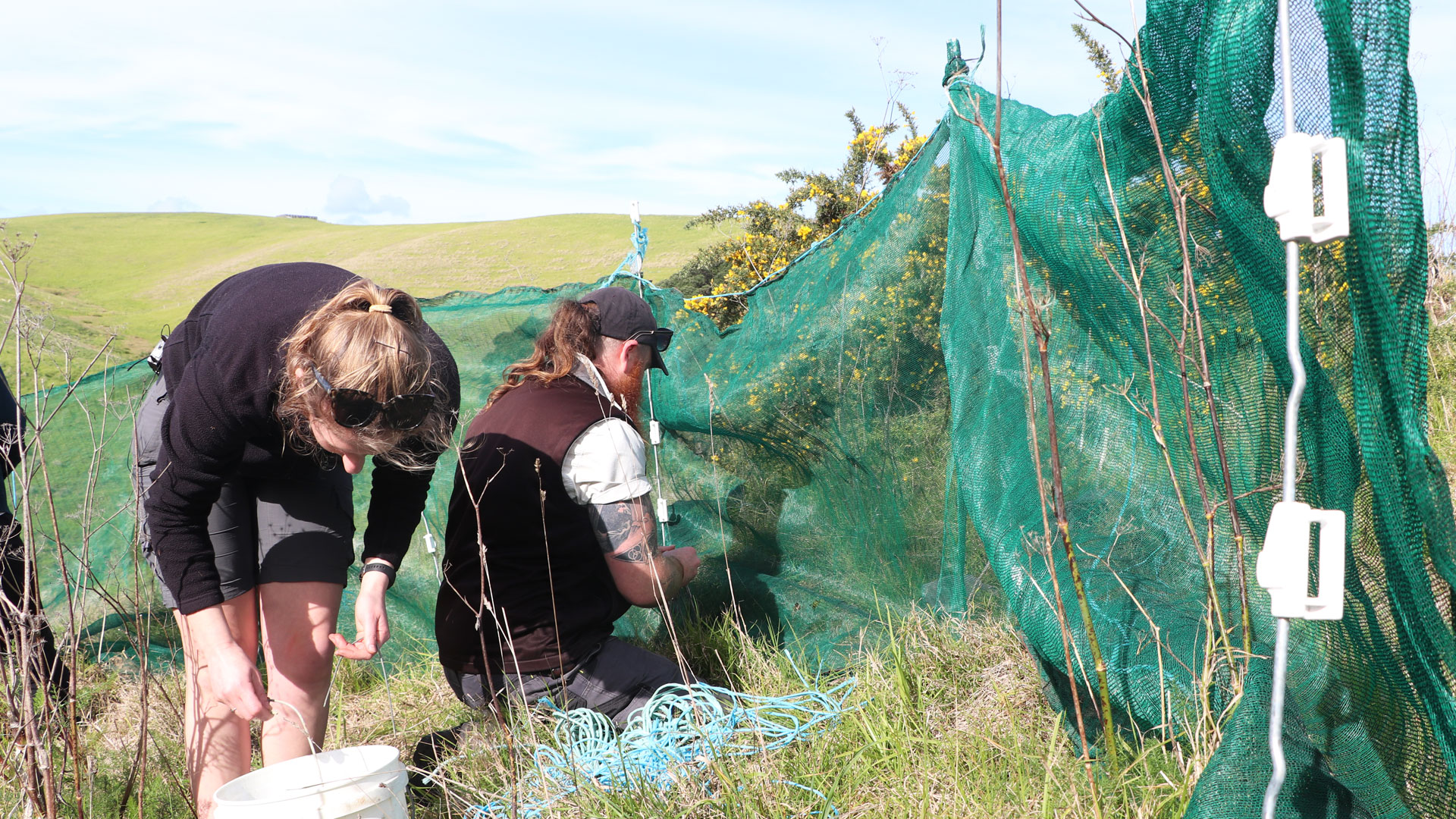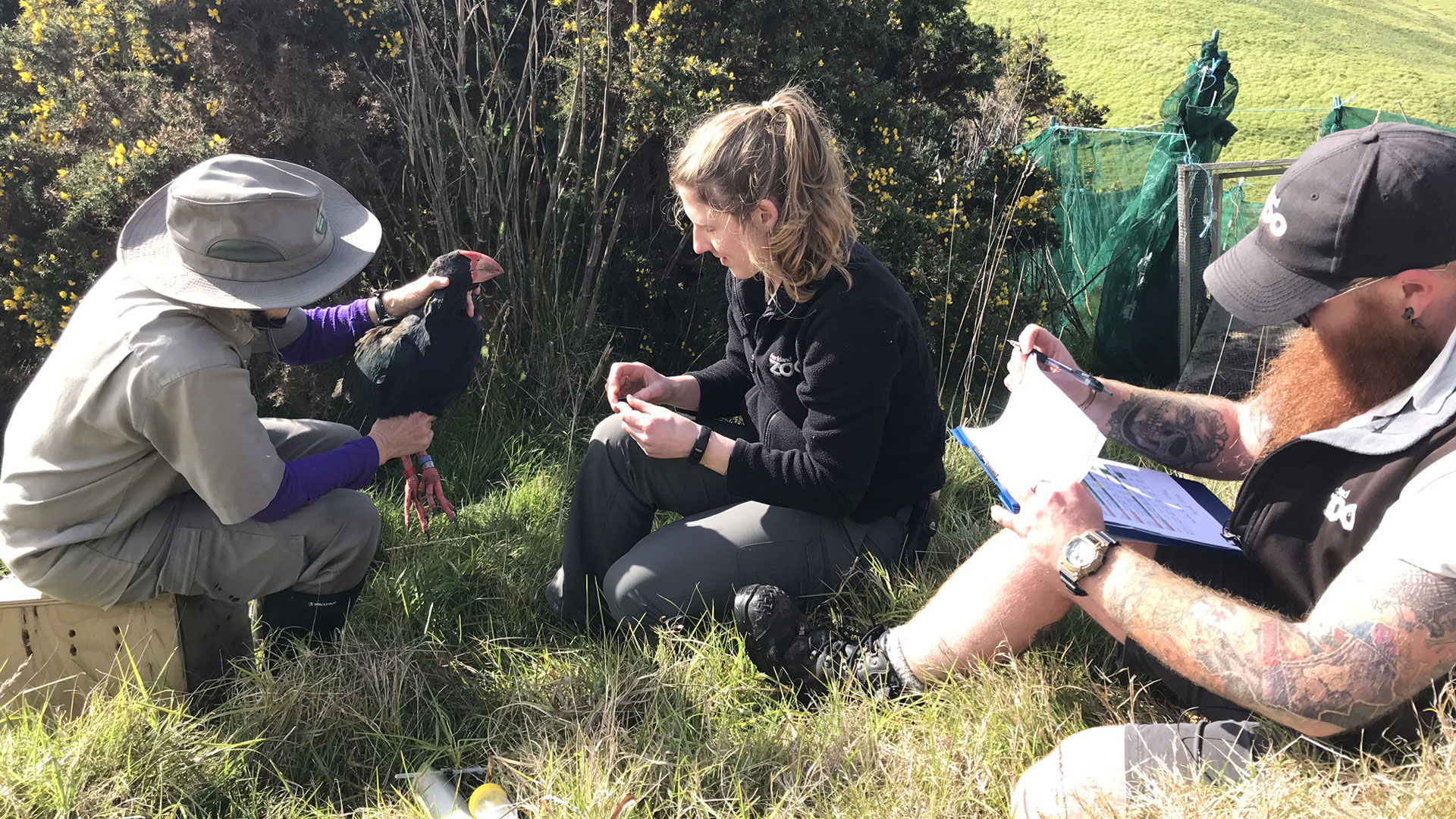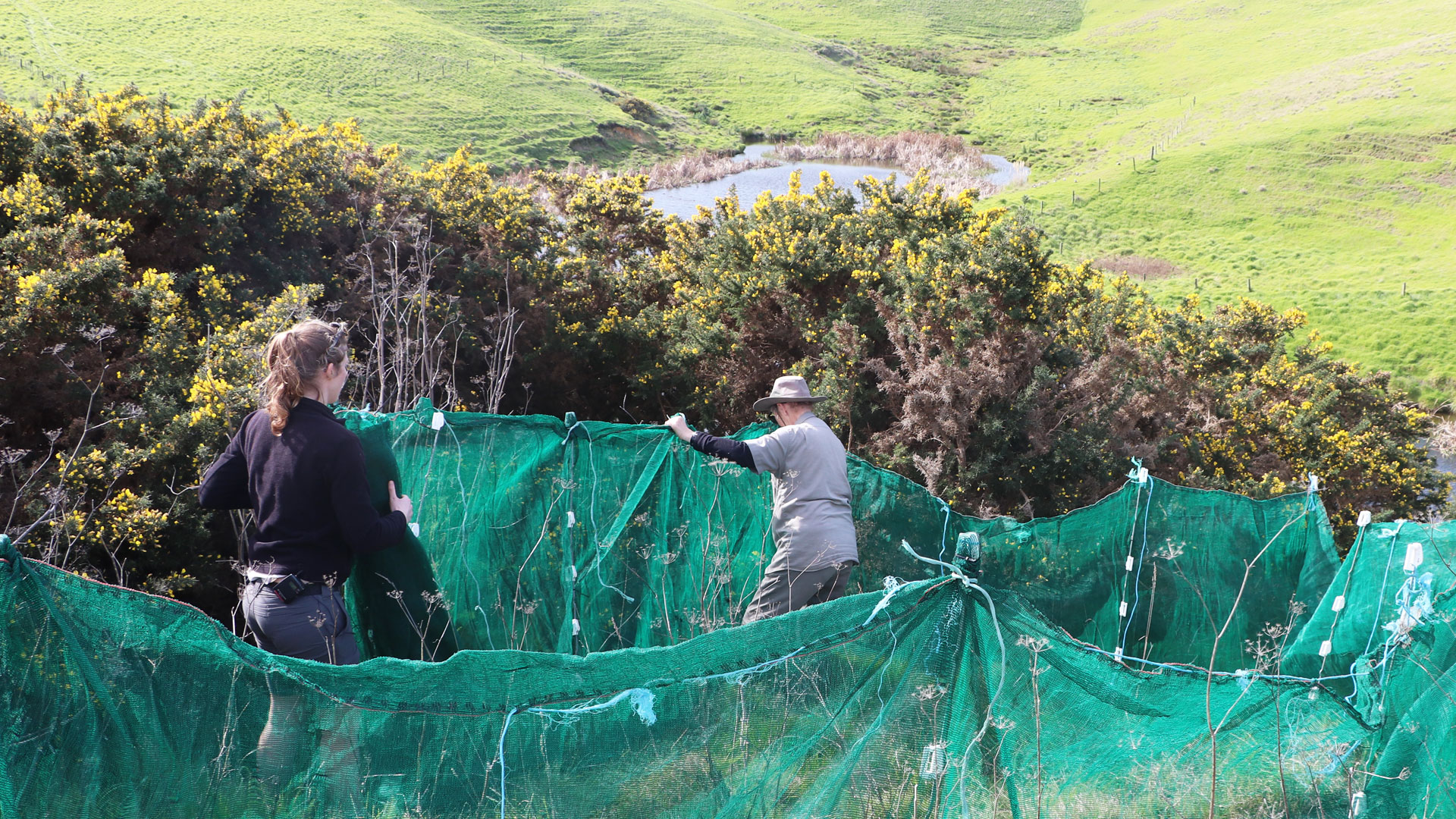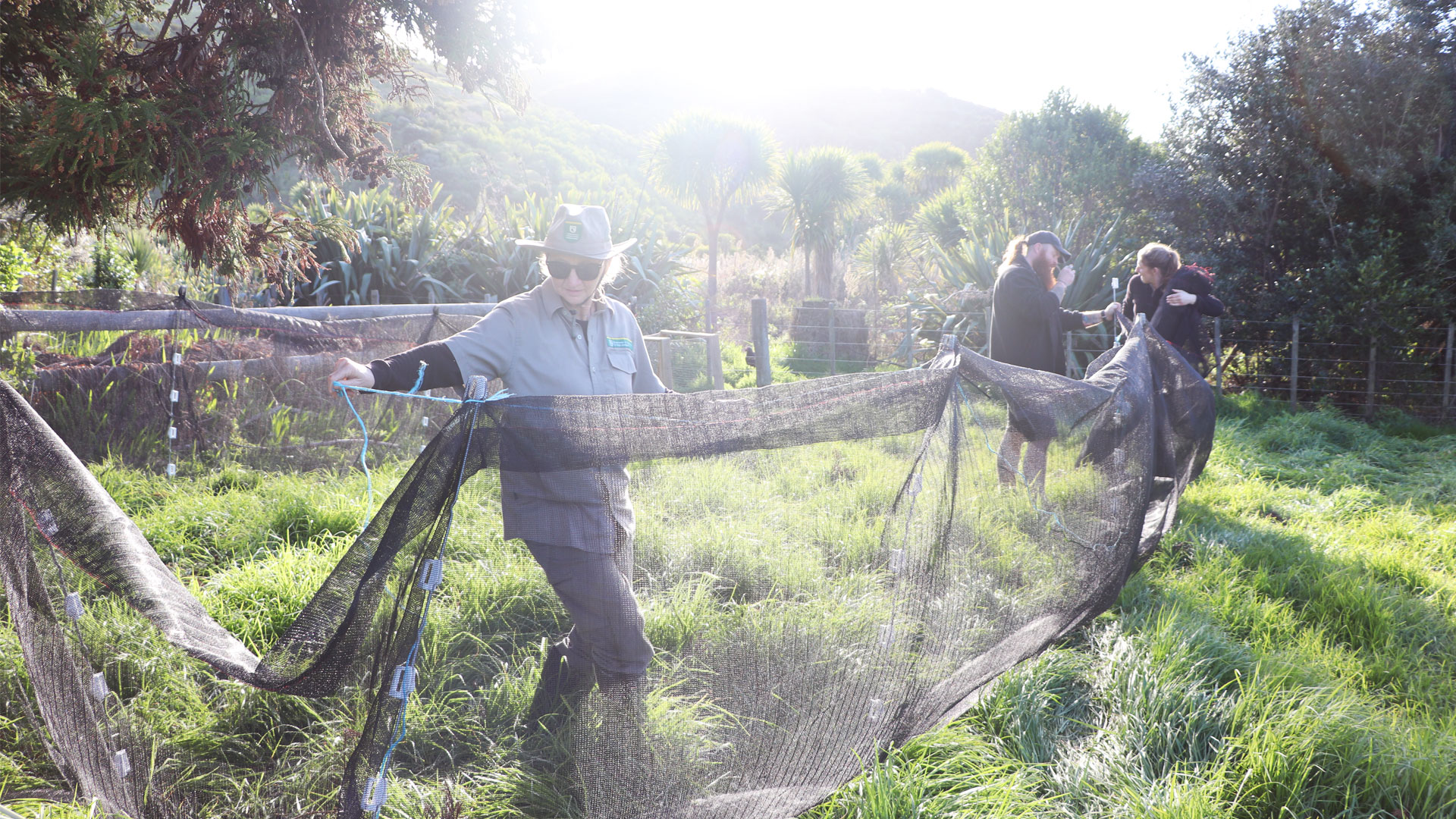From a distance, you may find yourself asking – ‘pūkeko or takahē?’ But upon closer inspection, the striking shades of blue, turquoise and olive-green plumage, their ,much larger size, and inability to fly are a dead giveaway. Today we are celebrating all things takahē, from their famous rediscovery in 1948, after they were presumed extinct for around 50 years, to their growing population of nearly 450 birds alive today.
Zoo-keeping is a very niche set of skills, skills which are used to help save, monitor and discover everything we can about New Zealand’s most endangered species – from invertebrates, reptiles, amphibians, to birds and marine mammals, and even species far and wide all over the globe. Auckland Zoo bird keepers Devon and Chris, have been honing those special skills for a combined total of 17 years, and have chosen to use them to help save the nationally vulnerable takahē.


